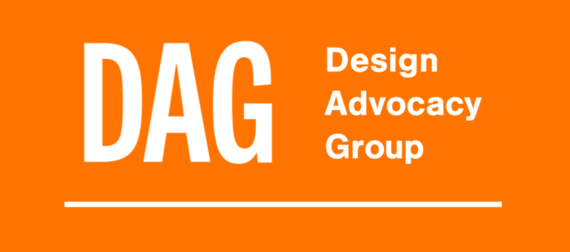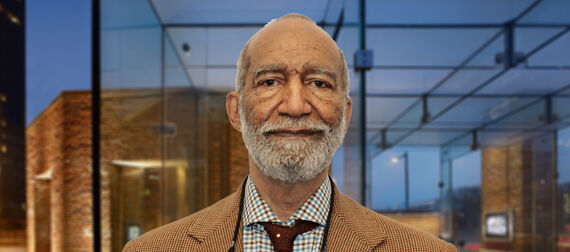The Zoning Code Commission (ZCC) has now been at work for over three years to transform how land use decisions are made in Philadelphia. The ZCC has been supported by a consultant team led by Clarion Associates and Duncan Associates, who have brought their experience in rewriting zoning codes in Chicago, Detroit, Santa Fe, Austin, and dozens of other cities across the US.
Before the call for zoning reform in 2007, Philadelphia’s zoning practices had hit a low point. For at least a decade, basic principles of zoning had gone by the wayside. Our city, many in the development community will tell you, had the distinction of using the zoning board rather than zoning law to guide development. Just about any request for a change in use, height, or bulk received consideration and in most cases a “thumbs up.” Many legislative actions, taken in the vacuum created by an aged comprehensive plan, allowed development wherever influence and resources coalesced-- while in other cases, land languished for want of a viable use in an atmosphere of uncertainty.
This lack of consistency and basic fairness formed the basis for the zoning reform movement in the first place.
The question we face now is whether Philadelphia will develop the political will to replace old habits with new resolve. The early signs are good, but by no means conclusive.
To the good, the ZCC has wisely shaped its proposals in response to public comment, ranking “improving the process” and “simplifying the code” as number one priorities. The new code accomplishes this by consolidating base zoning districts. For large projects, a design review process establishes a dialogue between developers and neighborhoods, and, notably, community benefit agreements must be filed with the city to be valid.
To address our addiction to the variance process, the new code contains rules that can be changed, but only in cases of “hardship” or through legislative action. The standards for allowing a change on the basis of hardship are specific. A landowner would need to establish why a particular site could not be developed without easing the rules. (This is an accepted practice in places where a solid and fair zoning process exists.) A zoning classification could also be changed though legislative action, but this would need to be sponsored by an elected official, using a process that is arguably transparent and responsive to the voting public.
Despite these features and benefits, the real task of shifting perception and habits has yet
to begin. Without this shift, the investment of time and talent in the reform process by many Philadelphians – with the support of nationally known experts -- runs the risk of dilution in the final hours.
Perhaps we can draw a lesson from the recently published book, Making our Democracy Work by Stephen Breyer, Supreme Court Justice (New York: Knopf, 2010). In it, he notes that unless the public has a respect for written law, that law will be ignored. He believes that to preserve high regard for the courts, judges must work with other branches of government and show restraint in overturning legislation; yet they must assert the constitution when basic rights granted in the constitution have been compromised. He shows us how the Supreme Court’s authority over time was earned, by its conduct, not granted.
What is the local parallel for zoning? We need to generate a code, process, and city plan that garner respect and have value to the public. The best way to do that is to remind ourselves of the benefits of good law. Zoning regulations, applied correctly, protect a person’s property rights while promoting public welfare. In Philadelphia, the adoption of a new code can create new and more positive roles for all involved in development. • For lawmakers, it will replace negotiated, piece by piece development decisions with an opportunity to reinforce and support the positive development that the city wants. • For designers and lawyers, it will replace negotiation and persuasion with the demonstration of how proposed development fulfills the new rules. Not insignificantly, more development will be possible due to the increased predictability of the process.
• For neighborhood groups, it will provide a welcome relief from playing defense, as rules replace the arbitrary adjustment of regulations.
So let’s get on with the show. Let’s recognize and reward those elected officials who understand why a fair and smart zoning code is so important to the future health of our city. Let’s reward those who have supported zoning reform and participated in its evolution. Let’s encourage public hearings on the draft code sooner rather than later and also encourage the whole of City Council, out of respect for the extensive public scrutiny the code has received, to refrain from significantly altering this detailed work.
Most important to this effort, let’s develop a new view of our plans, regulations, and processes that will generate increasing public trust and strengthen our government, as our Supreme Court has similarly been strengthened by its demonstrated restraint and wisdom.


